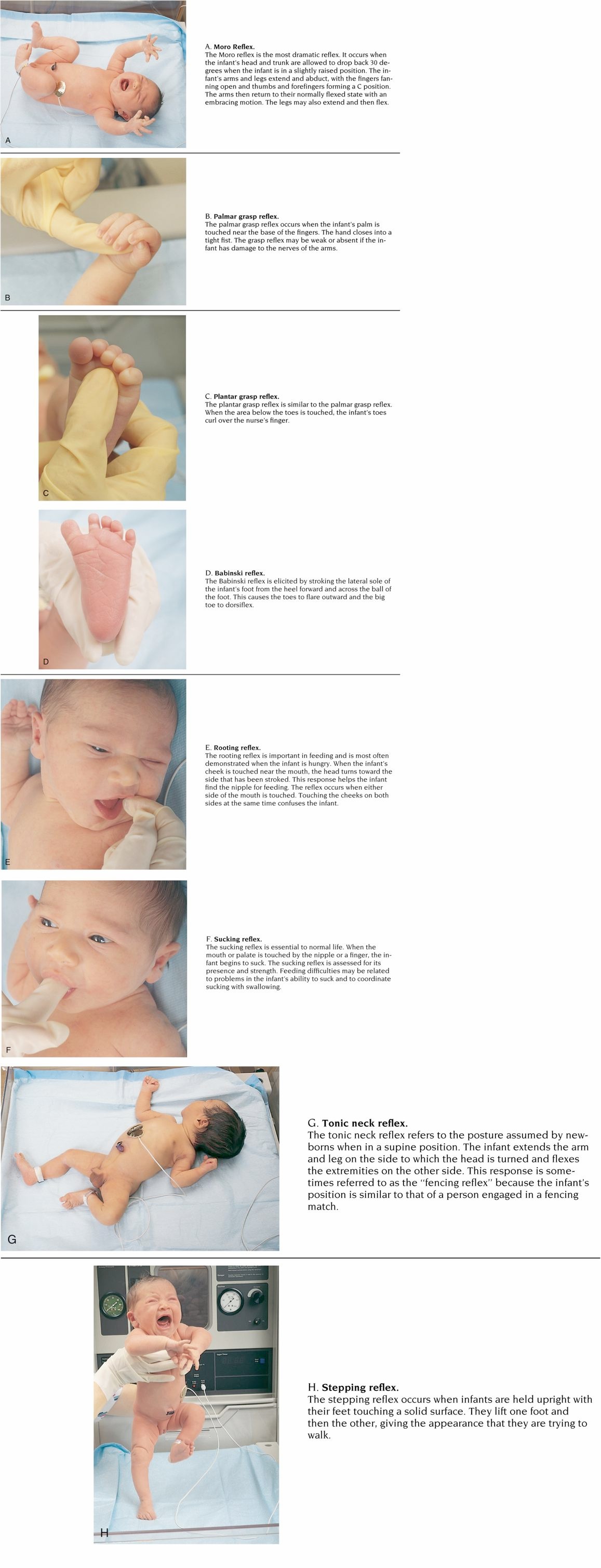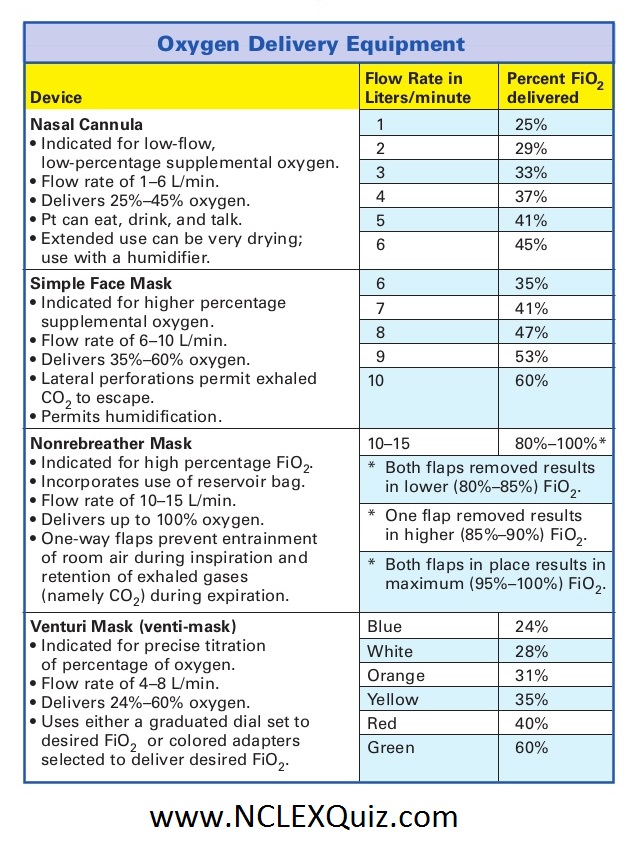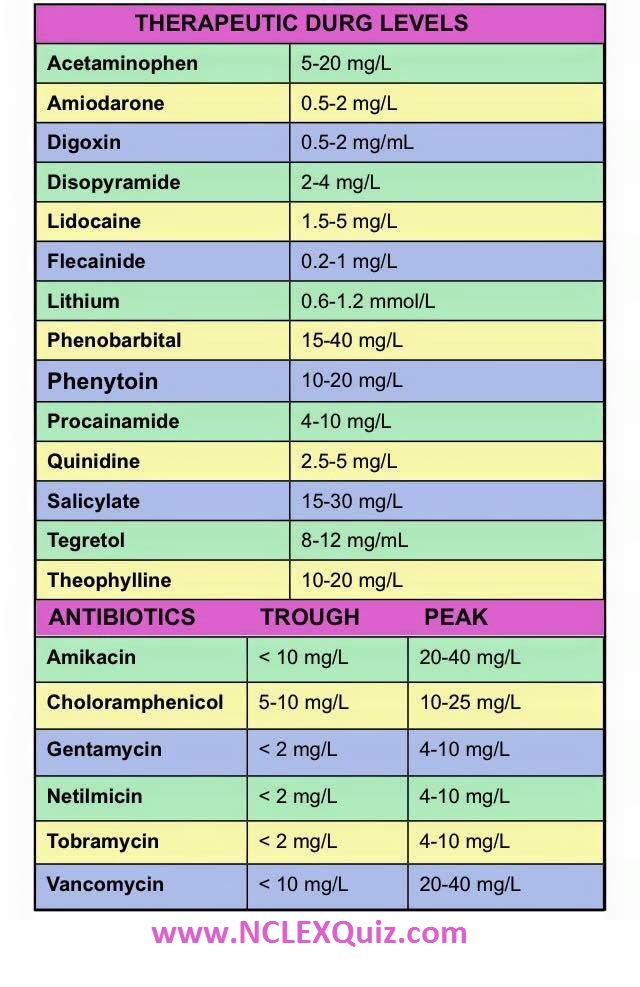Newborn Reflexes To Know

Newborn Reflexes To Know

O2 delivery flow rates chart. This chart is great to have when switching back and forth between cannula and mask for patient comfort.

O2 delivery flow rates chart. This chart is great to have when switching back and forth between cannula and mask for patient comfort.

(press release)
Eight members of the Ottawa Paramedic Service (OPS) received the Ontario Paramedic Bravery Award at Queen’s Park this evening for their brave actions in response to the incident on October 22, 2014.
The eight OPS members included: Chief Anthony Di Monte; Superintendent Rodney Hamberger; Paramedics Michael Call; Eric Jetten; Dan Pollock; David Perras; Mylène Carbonneau; and Adam Whiteford, Tatical Paramedic.
“October 22, 2014 is a date that remains etched in the minds of the people of Ottawa, and across the country,” said Mayor Jim Watson. “We all remember watching and listening to the news and seeing our brave emergency services responding to this tragic incident, while putting the safety of others first. On behalf of Council and all Ottawa residents, we congratulate the recipients of this provincial honour.”
This provincial decoration is awarded each year to the men and women in Ontario’s paramedic services, who have displayed outstanding bravery in the action of their duties – exemplifying selfless courage without concern for their own personal safety.
“The committed men and women of the Ottawa Paramedic Service are an essential part of our city’s emergency response team,” said Councillor Diane Deans, Chair of the City’s Community and Protective Services Committee. “The recipients of this bravery award are prime examples of our paramedics’ dedication to creating and maintaining a safe and healthy community.”
Last September, Chief Di Monte, Mr. Hamberger, and Mr Whiteford received the N.H. McNally Award of Bravery by the Ontario Association of Paramedic Chiefs at their annual general meeting in Windsor.
Therapeutic Medication Levels Cheat Sheet for NCLEX.
Medication Errors are the #1 Reason Nurses are Fired!!

Therapeutic Drug Levels Cheat Sheet for NCLEX.
Medication Errors are the #1 Reason Nurses are Fired

As of 2014, the average Registered Nurse (RN) brought home just shy of $66,640 a year, according to the Bureau of Labor Statistics. But earnings vary greatly by location, as employers must offer higher wages in certain areas of the country to attract qualified candidates. On average, the highest wages paid in registered nurse were in California, Hawaii, Massachusetts, Alaska and Oregon.
Salary (annual): $45,880 – $98,880
Salary (hourly): $22.06 – $47.54a
Min. Education: Associate degree
Job Outlook 2014-24: 16% (Much faster than average)
Related Careers: Dental Hygienists, EMTs and Paramedics, Physician Assistants & Diagnostic Medical Sonographers
| State | Salary (hourly) |
| 1. California | $47.31 |
| 2. Hawaii | $42.42 |
| 3. Massachusetts | $41.23 |
| 4. Alaska | $41.22 |
| 5. Oregon | $39.87 |
| Lowest Paying States for Registered Nurse | |
| State | Salary (hourly) |
| 1. Puerto Rico | $16.22 |
| 2. Virgin Islands | $22.35 |
| 3. Guam | $25.45 |
| 4. South Dakota | $25.95 |
| 5. Kansas | $25.97 |
Sources: U.S. Bureau of Labor Statistics, Data extracted on February 10, 2016
Every cell of your body has a nerve component.

Every cell of your body has a nerve component.

Osmitrol is an osmotic diuretic. It focuses on increasing the osmotic pressure of the glomerular filtrate. Osmitrol, osmotic diuretic, and osmotic pressure all start with the letter O.
The higher the concentration of osmitrol in the filtrate, the more diuresis occurs (more fluid removal).
What is Osmitrol (Mannitol) used for:
Do not use Osmitrol (Mannitol) for:
Be cautious in using Osmitrol (Mannitol) when patient has:
Side effects of Osmitrol (Mannitol):
Nursing actions to take: